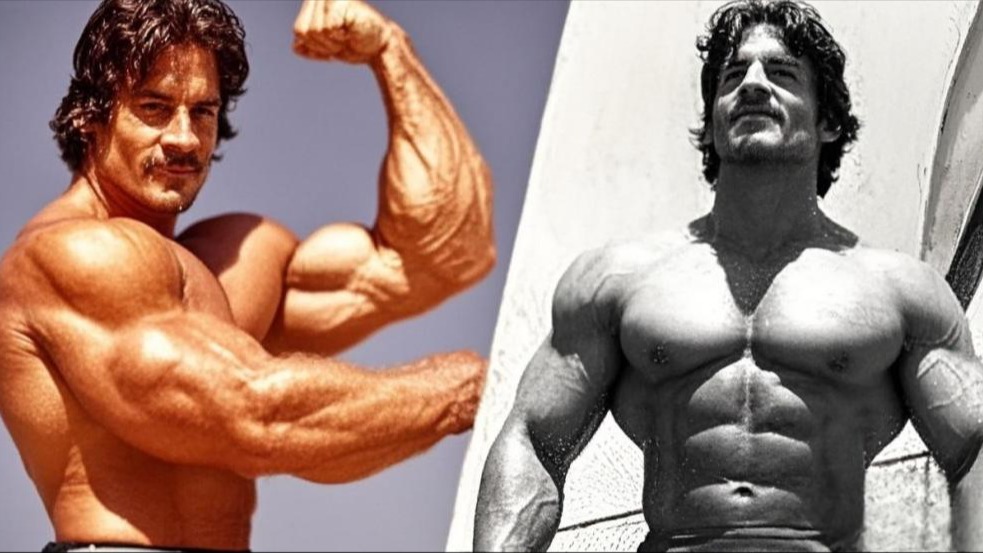Mike Mentzer's IQ was reportedly in the range of 148 to 150, placing him firmly in the "genius" category. But raw intelligence alone didn't make him legendary—it was how he applied that brainpower to revolutionize bodybuilding with his Heavy Duty Training philosophy. The man didn't just lift weights; he dissected exercise science with the precision of a surgeon and the curiosity of a mad scientist.

Long before "biohacking" became a buzzword, Mentzer was deconstructing workout dogma with a mathematician's eye for efficiency. His approach wasn't about grinding through endless sets—it was about maximum intensity with minimum wasted effort. This wasn't gym bro logic; it was applied neuroscience. He understood that muscles respond to stimulus, not fatigue, and programmed workouts like a chess grandmaster planning endgame moves. The Heavy Duty system didn't just change reps—it changed how athletes thought about recovery, volume, and the very nature of progressive overload.
Mentzer's genius extended beyond chalk and barbells. He devoured philosophy texts with the same intensity as his brutal 20-minute workouts, drawing parallels between Aristotle's logic and optimal training principles. This wasn't accidental—his high IQ allowed him to synthesize ideas from seemingly unrelated fields. Where others saw sweat and steel, Mentzer saw systems, patterns, and underlying truths. His famous debates with bodybuilding traditionalists weren't shouting matches; they were intellectual jousts where he'd dismantle objections with Socratic questioning.
That brilliant mind had its burdens. Friends noted how Mentzer's relentless analysis could spiral into perfectionism, both in designing workouts and dissecting life's bigger questions. The same brain that optimized rest periods between sets also agonized over existential dilemmas. His later writings reveal a man wrestling with the weight of his own intellect—constantly searching for deeper meaning while the fitness industry chased quick fixes. This tension between intellectual depth and commercial bodybuilding's superficiality may have fueled both his groundbreaking contributions and personal struggles.
Decades after his passing, Mentzer's ideas keep evolving through modern sports science. Research now confirms what his intuition grasped—that brief, intense training triggers superior muscle protein synthesis. Contemporary athletes using velocity-based training and autoregulation are unwittingly following Mentzer's playbook. His true IQ test? How many of his 1980s concepts still outperform today's trendy protocols in peer-reviewed studies. The ultimate validation of genius isn't a test score, but time—and Heavy Duty's principles keep passing with honors.
Mentzer's legacy reminds us that physical transformation begins with mental revolution. Those seeking mere workout tips miss the point—his real gift was teaching lifters to think critically about every rep, every meal, every recovery window. In an era of fitness influencers, we've got plenty of personalities shouting workout plans. What we're missing is another Mike Mentzer: a true intellectual warrior who treated the weight room like a laboratory for human potential.
























